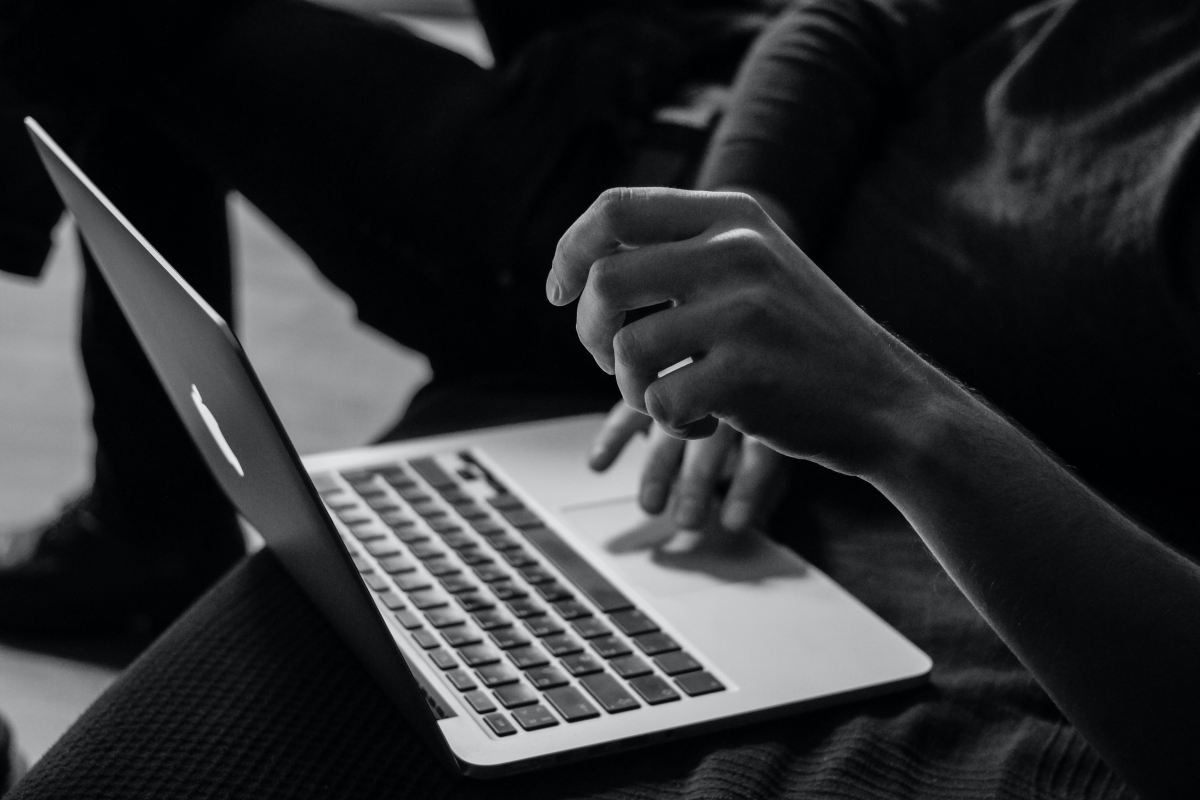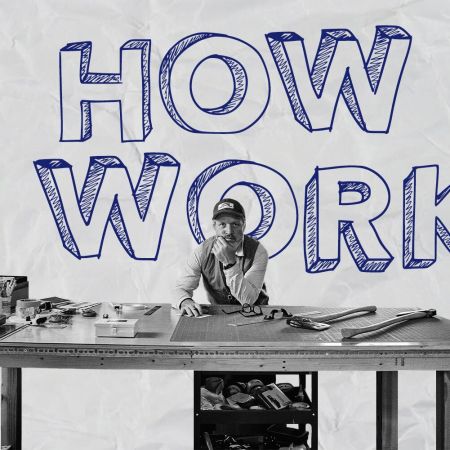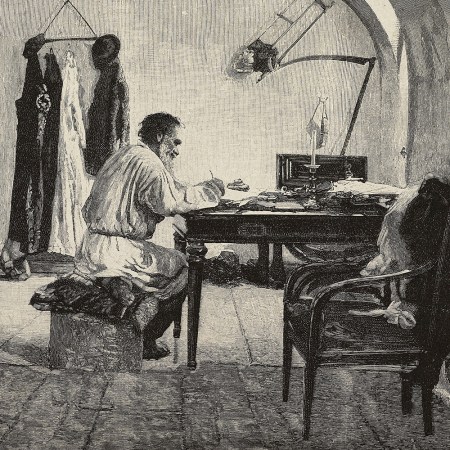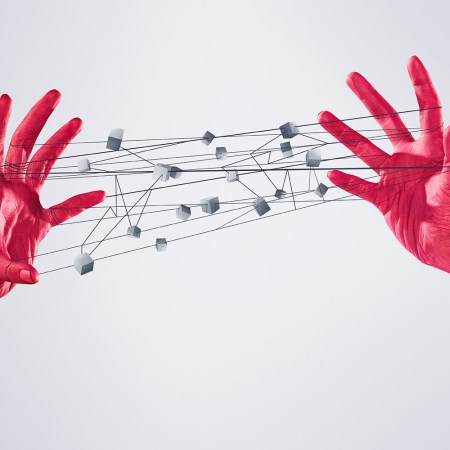A few years back, a work productivity tool called RescueTime published a sobering, yet unsurprising analysis about our compulsive relationship with email and instant messaging tools.
The report found that the average “knowledge worker” (a term that describes “writers, designers, developers, and project managers”) can’t go six minutes without checking a platform like Gmail, Slack or Microsoft Teams. Of this group, 35% of employees reported interrupting a productive task every three minutes to check a communication tool. And only 19% of employees said they could focus on work for 20 minutes or more…before refreshing their messages yet again.
While managers tend to emphasize the importance of messaging platforms — in some cases, going as far as to implement employee monitoring software — studies indicate that (a) when workers feel “stalked,” they turn petulant on purpose (they’re more likely to take unapproved breaks or disregard instructions), and (b) when workers do spend all their time online, they don’t get much done.
Being ever-present on a messaging tool might feel like a cornerstone of one’s daily work, but it’s best used sparingly — for i-dotting and t-crossing. These platforms are places to grant approval (or ask for it), to set up a call, to ask someone’s opinion on something or to submit projects. It’s an ideal thoroughfare for busy work, also known as “shallow work.”
A Guide to the Best Life Hacks From the Last 100 Years
Miracle mornings, presidential matrixes and more. These approaches can actually change your life.You Deserve Deep Work
Knowledge workers need time to think and create. There’s a point at which these shallow work messaging platforms are distracting and unhelpful. If you have your marching orders from the mothership, is there any purpose in returning every five minutes to see if anything’s changed? Of course not. A platform like Teams might prove indispensable if you’re collaborating, well, with a team member, but at least there’s a level of intention to that sort of “check-in.” If you find yourself arriving unannounced, like clockwork, just poking around, you’re doing yourself a disservice.
The alternative is deep work: long, uninterrupted blocks of focused production. Coined back in 2016 by Cal Newport, a computer science professor at Georgetown University. Asana defines it as “a state of peak concentration that lets you learn hard things and create quality work quickly.” According to Newport, who’s written a book on the subject, and regularly advocates for digital minimalism as a way to mitigate the self-damning impacts of what he calls “the hyperactive hive mind,” deep work is the brain at its best.
Deep work creates room for you to actually sink your teeth into whatever project is at hand. It doesn’t have to constitute a three-hour chunk of monk mode (though some practice it in this way). It’s a period of reading, thinking, writing or design that doesn’t involve scatterbrained breaks. Keep in mind: we tend to accumulate “attention residue” when we vacillate between tasks willy-nilly. It’s extremely difficult for us to complete a task — let alone complete it confidently and well — if we’re entertaining the ideas of other tasks at regular intervals.
20 Minutes or More
Fortunately, the bar here is literally on the floor. If you can get into the habit of going 20 minutes or more without checking your email or workplace messenger, you’ll immediately be in the top quintile of “focused” workers. See if you can push past a half hour or longer, especially on a day when you have a critical project due. (Notice, also, how the more you get in the habit of doing this on your less “stressful” days, the less likely it is you’ll be cramming to finish something at the witching hour, anyway.)
Obviously, there are two forces at play that compel workers to check their messages so frequently. One of them is a sense of duty. “Being available.” American workers are famously apologetic to their higher-ups, often leaving collective billions in benefits on the table each year as they fail to redeem their PTO. This sensibility manifests in tiny, deferential moments throughout the workday. But as great as it may look to be available for the boss, what might you achieve for that boss — for the company, for the future of your career — once you start becoming available to yourself? What sort of work might you produce? What sort of ideas might you come up with, which exist outside of the humdrum every day?
The other reason we check our messages boils down to a not-so-fun cocktail of procrastination and digital addiction. You know the one. It’s more gratifying to see red alerts than do work. But the internet is distraction enough, isn’t it? Why get addicted to your workplace channel, too? If work isn’t flowing, we recommend just getting up. Add to your stand hours. Get a glass of water, peel a clementine, whatever. Anytime I’m stuck on a sentence, I leave my desk and go to the bathroom. By the time I’m walking back, I have the next line ready in my head. Deep work isn’t easy, but it represents the most meaningful minutes you can possibly provide to your workplace. You can share the funny GIF once you’re done.
Whether you’re looking to get into shape, or just get out of a funk, The Charge has got you covered. Sign up for our new wellness newsletter today.



















